Instrument & Manifold valves
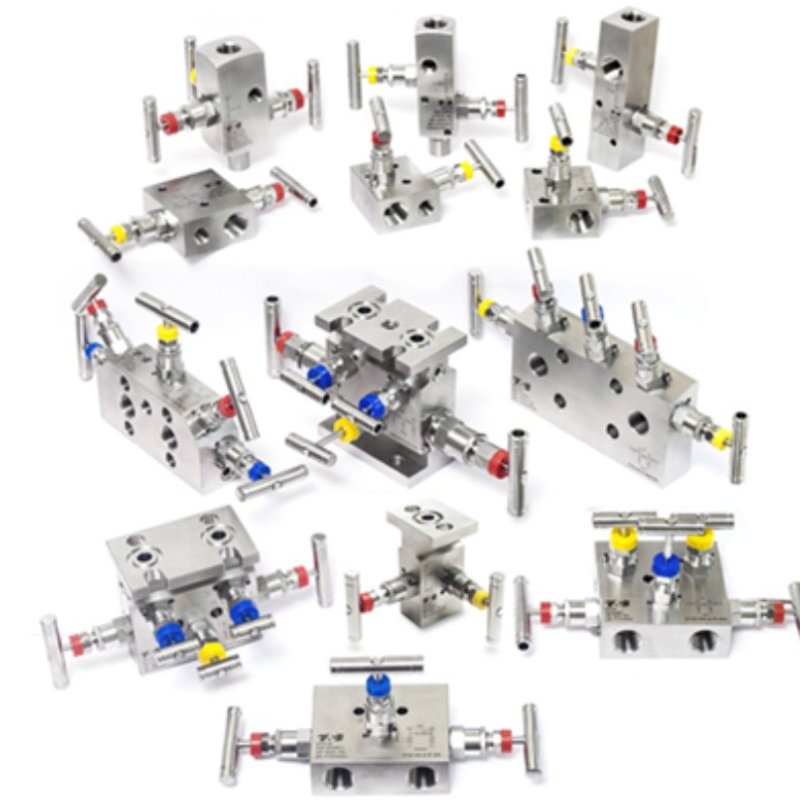
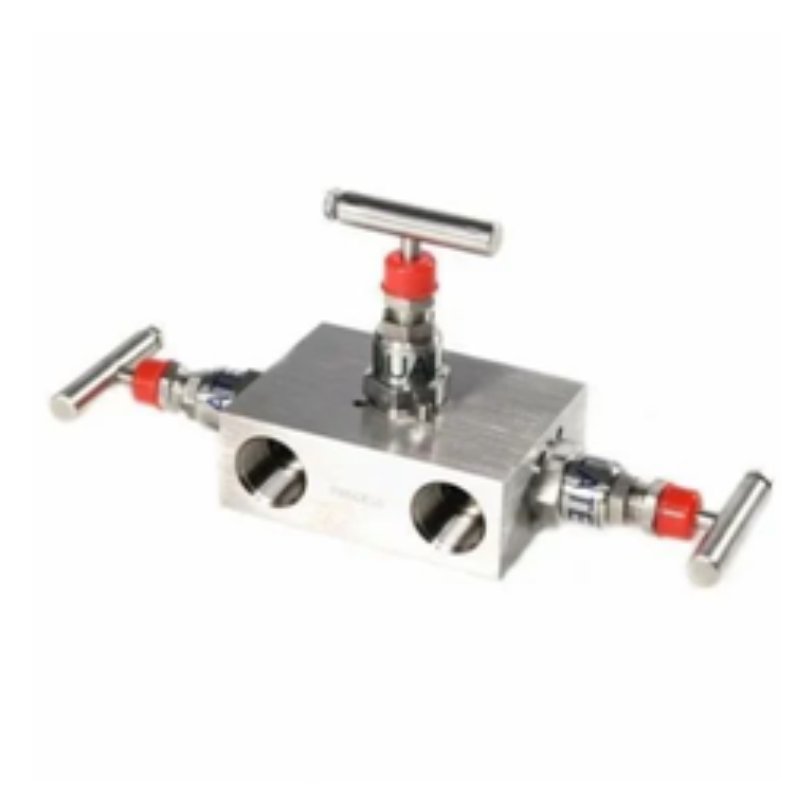
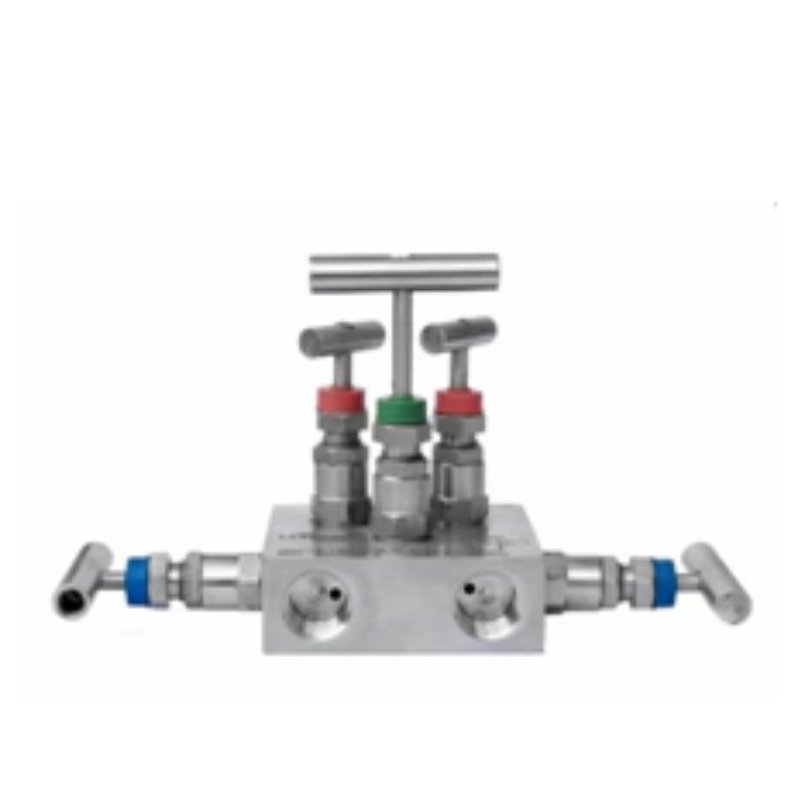
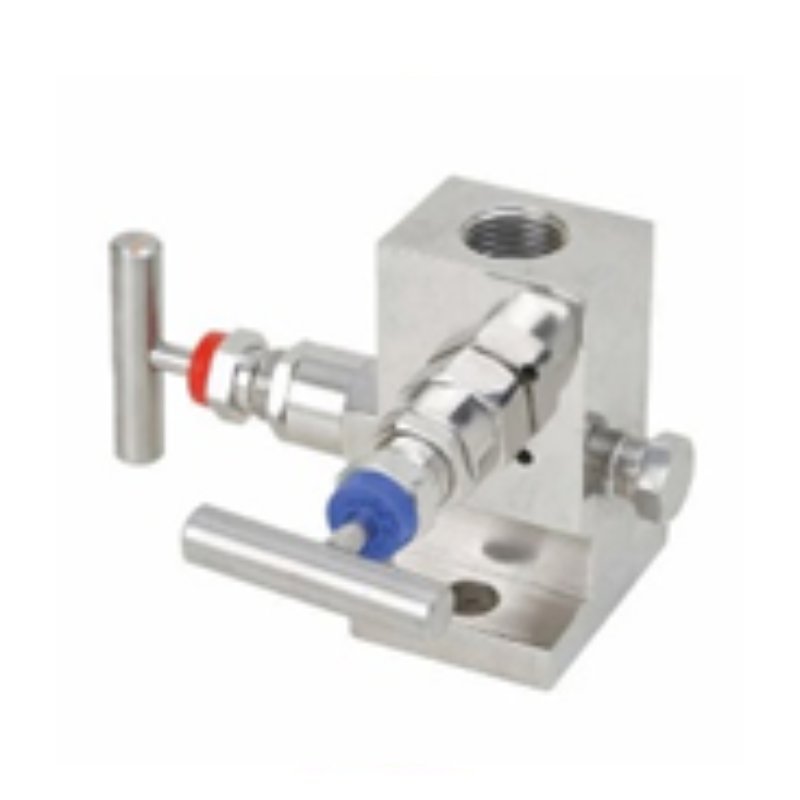
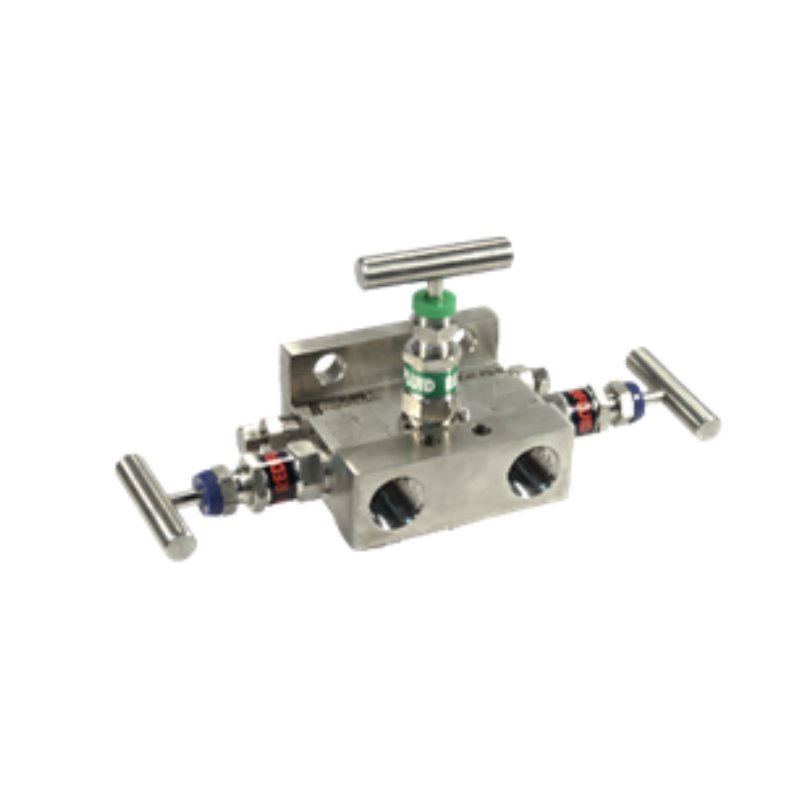
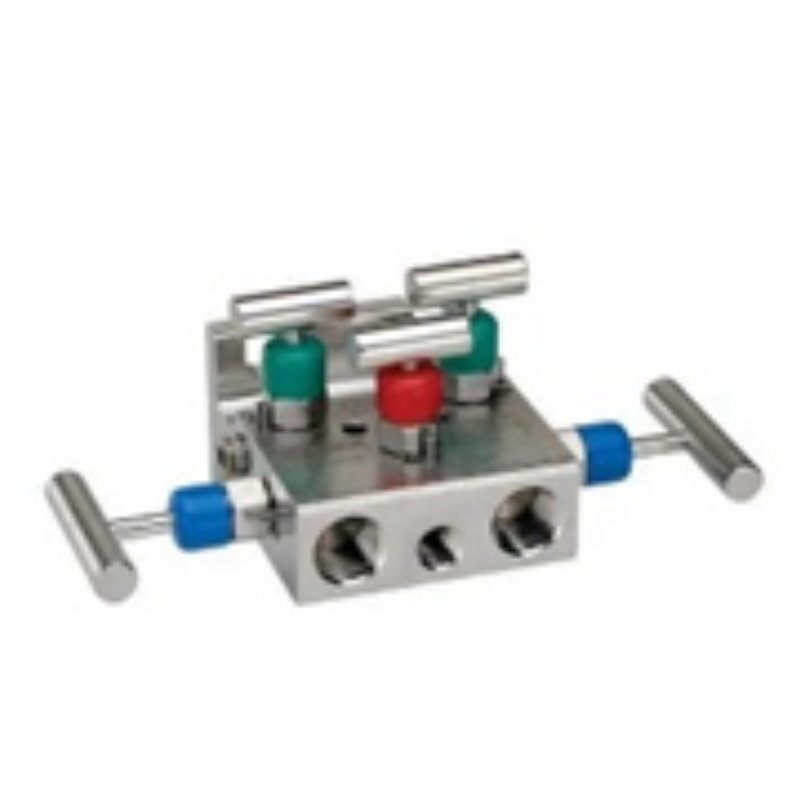
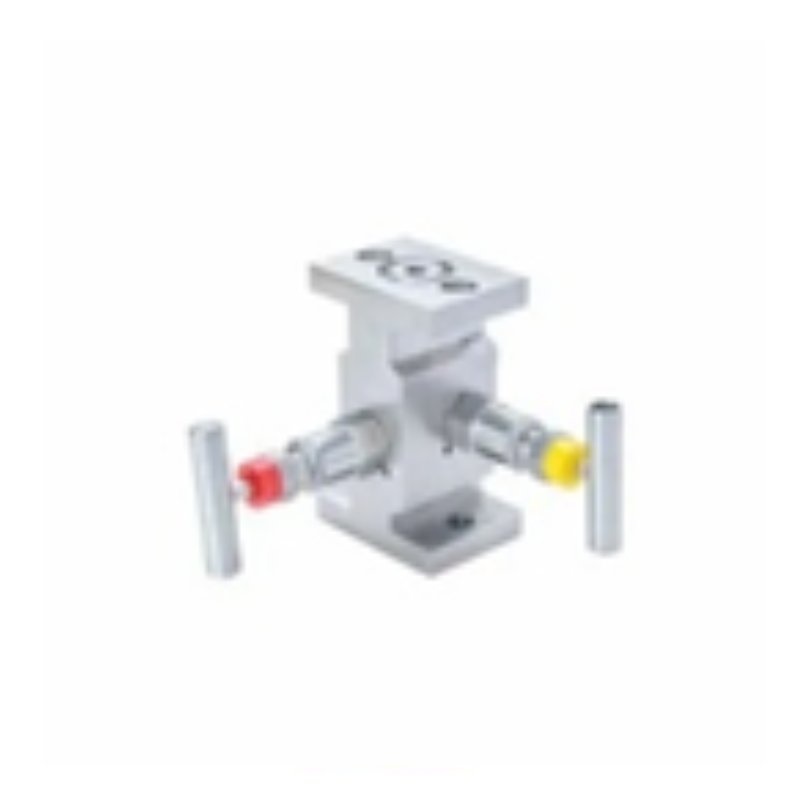
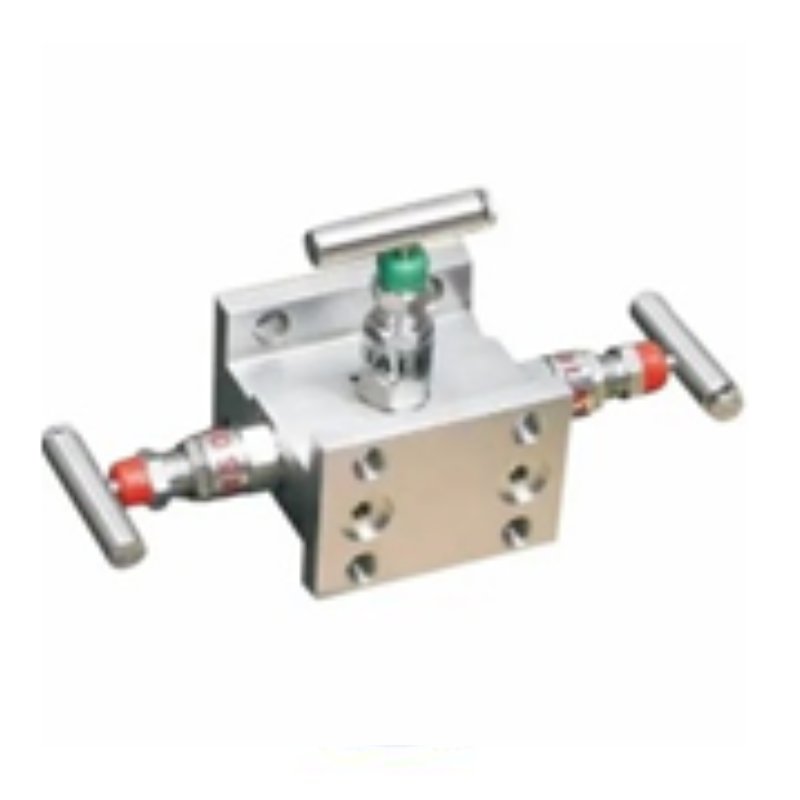
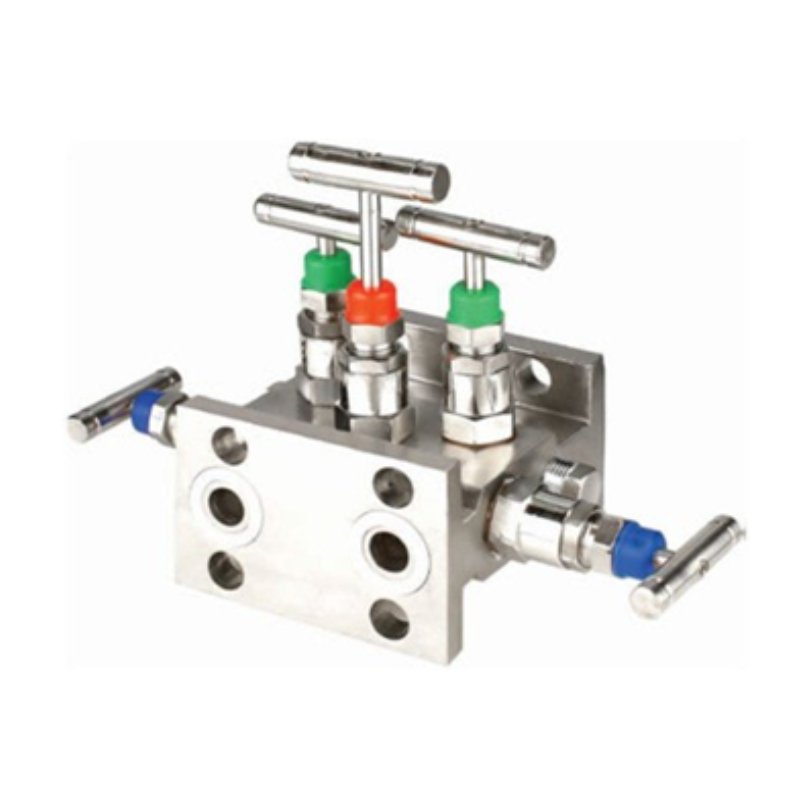
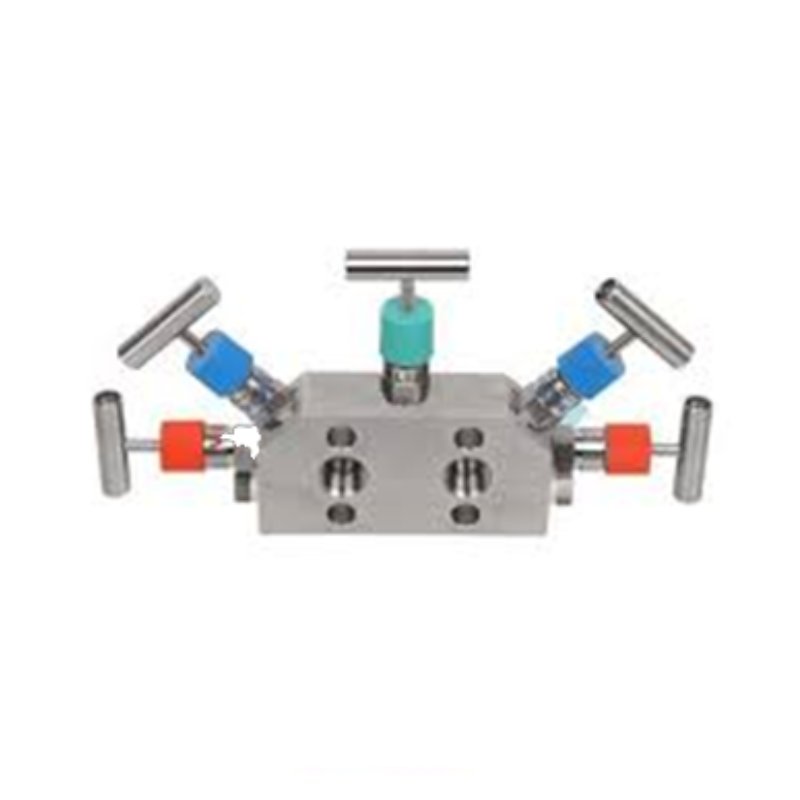
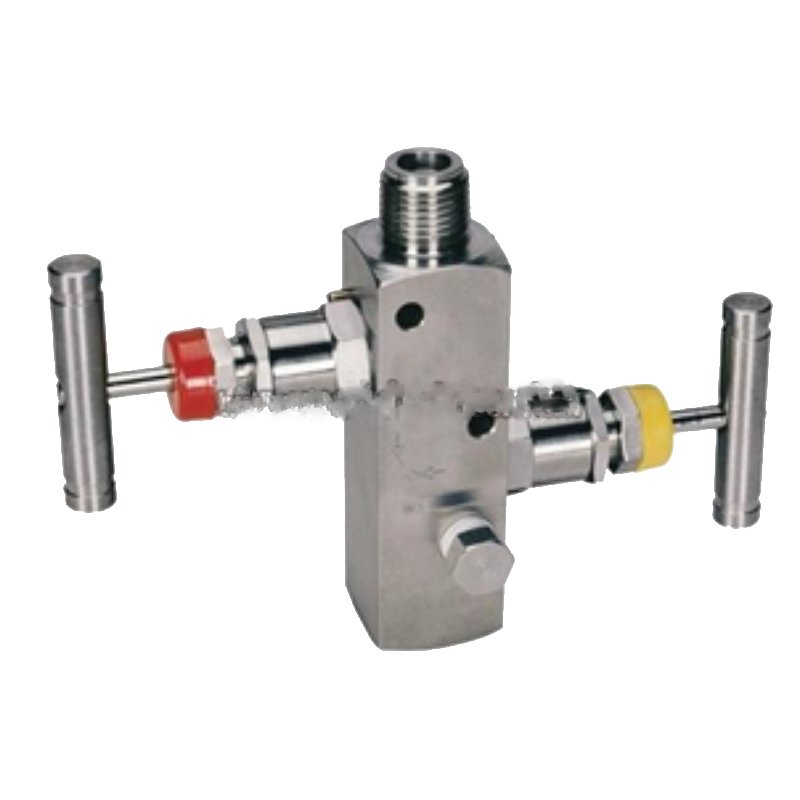
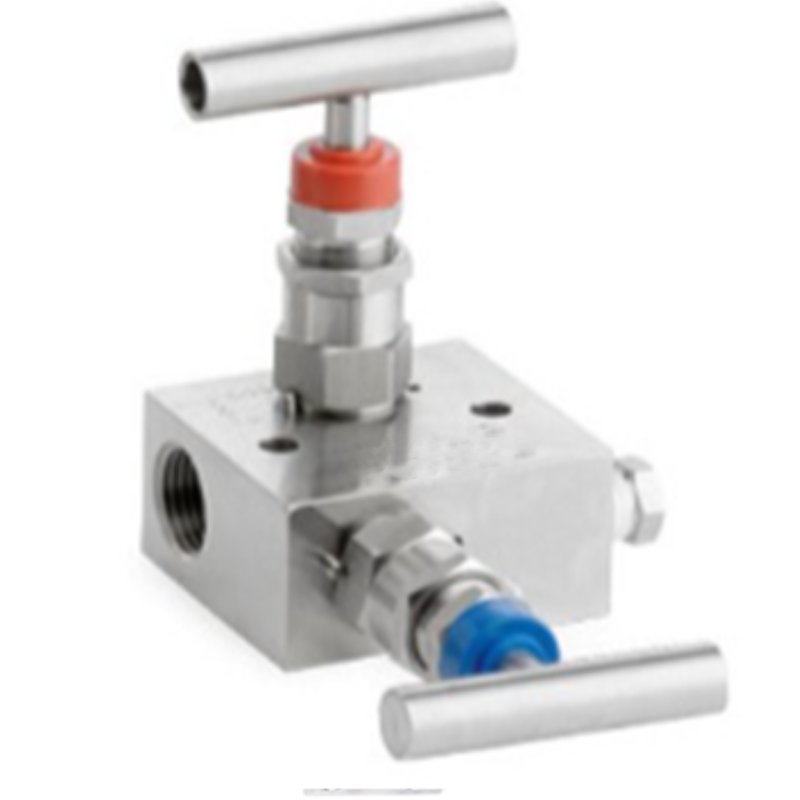












A manifold valve is a device that controls the flow of liquids and gases in a system by combining multiple valves into a single unit. They are used in a variety of industries, including oil and gas, power generation, and wastewater.
How it works
- A manifold valve is made up of one or more valves, such as ball, needle, bleed, and vent valves.
- The valves are connected to a common main body or valve chamber.
- The valves can be used to isolate instruments, regulate pressure, and control the flow of fluids.
some common types Manifold are as follows:
- Block Manifolds: These are the simplest type, offering a basic on/off function for each port. They’re ideal for situations where you need to completely isolate specific lines.
- Metering Manifolds: These allow for precise control over the flow rate of fluids. They often have built-in features like adjustable needles or flow regulators for fine-tuning.
- Isolation Manifolds: As the name suggests, these valves excel at isolating specific sections of a fluid system. This allows for maintenance or repairs on individual components without affecting the entire system.
- Instrument Manifolds: These are specifically designed to connect instruments like pressure gauges or flow meters to multiple points within a system. They provide easy access for monitoring various fluid parameters.
- Exhaust Manifolds: These are common in internal combustion engines where they collect exhaust gasses from multiple cylinders and channel them to a single outlet, typically the catalytic converter.
A part from these some specialized manifold valves designed for specific applications, like hydraulic systems or pneumatic controls depending on the needs of the system.
Specification(s)
| Size | ½” To 6” | ½” To 6” | ½” To 6” | ½” To 6” | ||
|---|---|---|---|---|---|---|
| ANSI Class | 1000 | 3000 | 6000 | 9000 | ||
| TEST PRESSURE BODY(KG/CM2) | 32 | 79 | 156 | 236 | ||
| TEST PRESSURE SEAT (KG/CM2) | 22 | 57 | 115 | 172 | ||
| MATERIAL OF CONS. | CS, SS304, SS304L, SS318, SS16L, P11, P22 | |||||
| DESIGN STANDARDS | Manufacturer, Standard Design | |||||
| TESTING STANDARDS | As per relivent pressure class | |||||
| END CONNECTION | FLANGED, SCREWED & SOCKETWELD | |||||